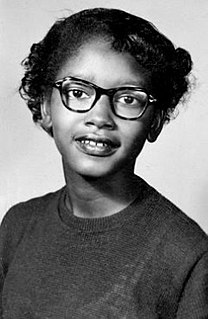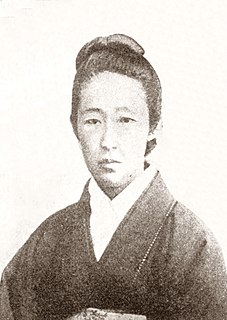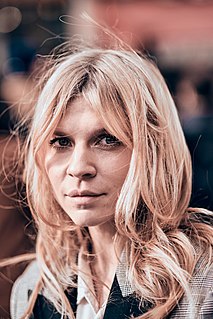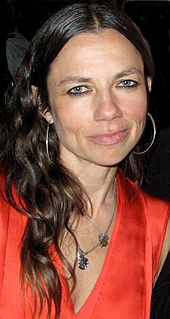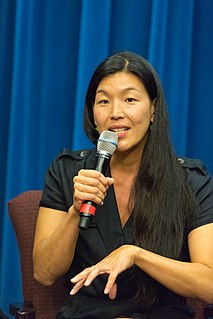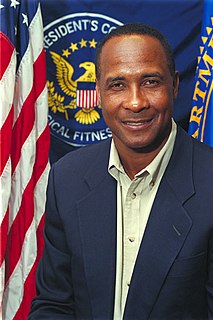A Quote by Karamo Brown
We live in a society that has a long history of not valuing people of color or women.
Related Quotes
It is an absolute impossibility in this society to reversely sexually objectify heterosexual men, just as it is impossible for a poor person of color to be a racist. Such extreme prejudice must be accompanied by the power of society's approval and legislation. While women and poor people of color may become intolerant, personally abusive, even hateful, they do not have enough power to be racist or sexist.
White people don't have that problem, they get to go through life never having to fit into a box, and it's really more so true for white men because even just being a woman, you sort of have to walk around other people's assumptions of you and it's so exhausting and there's a sense, especially among young people of wanting to just live your life, not having to wear the weight of that pressure - pressure that people of color feel, that gay people of color feel, that women of color feel.
Women's tennis has been around for a very long time - we're talking about the 1800s. But women's soccer hasn't had such a long history, so now they're right at the beginning of really trying to make things equal. We need to continue not only to advocate for women but to have men advocating for women.
Our society does reward beauty on the outside over health on the inside. Women must not be blamed for choosing short-term beauty "fixes" that harm our long-term health, since our life spans are inverted under the beauty myth, and there is no great social or economic incentive for women to live a long time.

